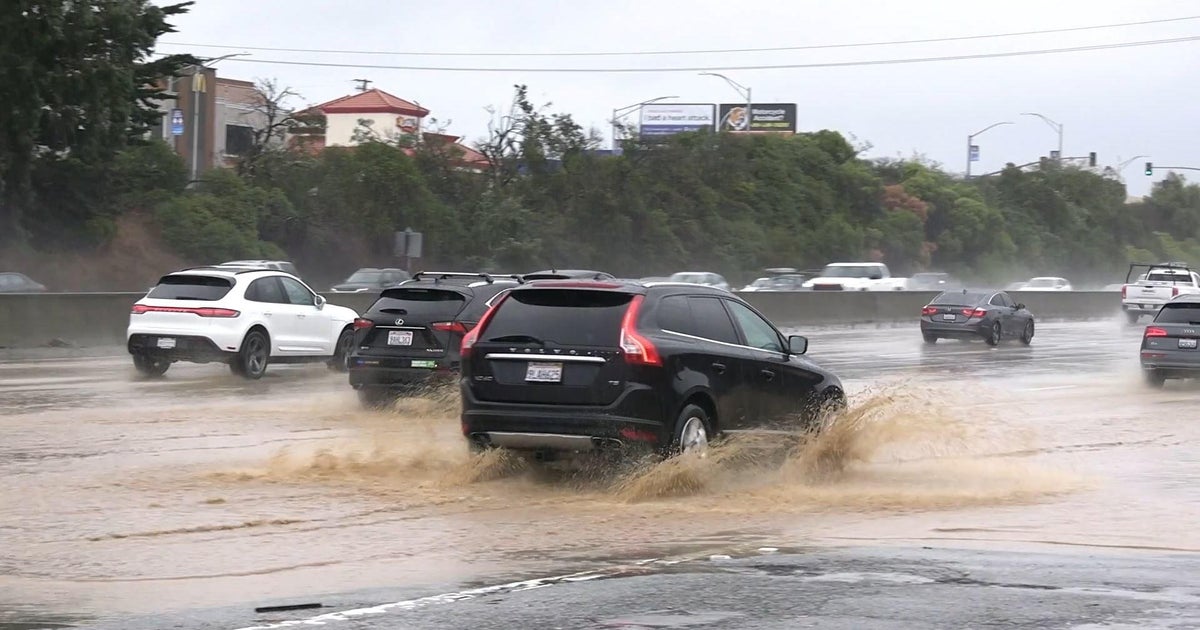COVID: Omicron-Fueled Case Surge Slams Bay Area Emergency Services
CONTRA COSTA COUNTY (KPIX) -- From emergency responders to Bay Area hospitals -- frontline health care workers are feeling the brunt of this COVID-19 surge powered by the highly infectious omicron variant.
Doctors' offices and Urgent Care centers are slammed. Unlike any other point in the pandemic, the omicron spike is putting pressure on the health care system, including emergency services.
"I think it is fair to say that there's a bit of a perfect storm brewing here in terms of impacts on our health care system in general," said Steve Hill with Contra Costa County Fire.
In Contra Costa, the surge is now coming in a wave of phone calls, about 100 more per day than 911 normally receives. Hill says most of the calls are COVID related.
"That's putting a heavy load on our ambulance capability right now, and actually our engines as well that respond to EMS calls for paramedics," Hill explained.
"What we are seeing now that we haven't seen in the previous surges is that a lot of our staff are now either in quarantine, or are testing positive," said Chief Medical Officer at San Francisco General Hospital Dr. Lukejohn Day.
Day says the surge in cases among staff is something they started planning for at the very beginning of the pandemic, but it never happened until now. In an effort to catch those cases quickly, they have increased testing tenfold over the past week.
"And again, just really trying to create capacity and additional staffing for hospitals," Day said. "We are ready. We've been ready for this. We are prepared. We're continuing to keep our doors open and deliver the same care to all of our patients in the San Francisco community."
As for the demand on 911, there is no shortage of first responders. This too is something Bay Area health officials planned for, but they are asking everyone to consider several things before calling.
"First of all, we want them to call 911 when they need to," Hill stressed. "But we do encourage them, when it comes to symptoms for COVID, to consider other alternatives. If it's not a life-threatening situation, call urgent care, call your physician, etc. etc."
At Santa Clara Valley Medical Center, health care workers are facing much the same situation as San Francisco. They're watching cases rise and waiting for staff members to have to step away and isolate.
But many hospitals have contingency plans for losing as much as 20% of their staff at one time. This was an eventuality they were prepared for, and omicron might finally deliver it.



